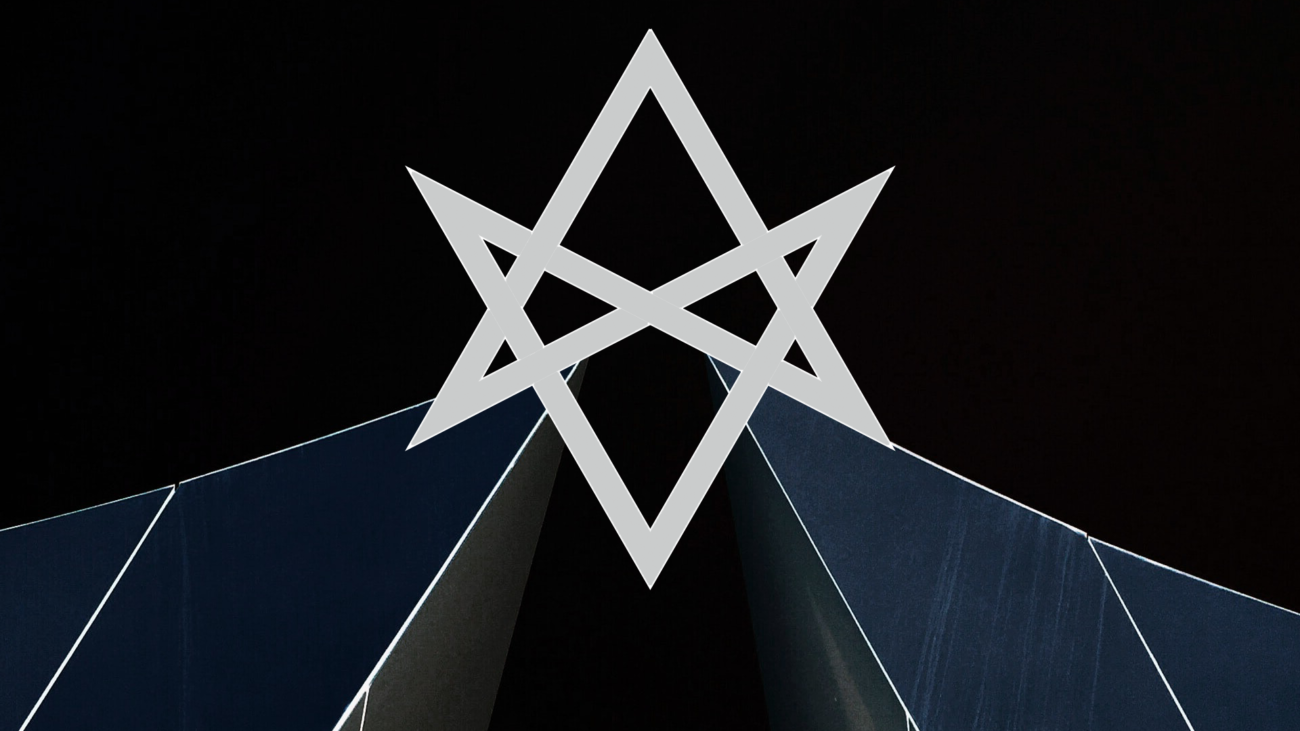Some time back, I wrote a post discussing what I saw as the two foundations of Thelema: erotic liberation and holistic monism.
Many of Crowley’s unique spiritual realizations come from or at least involve erotic liberation, whether it be ecstastic union with the Holy Guardian Angel or with Babalon. When Crowley systemitizes those insights, he does so within a framework of holistic monism.
What I’m coming to understand is that these two “foundations” of Thelema do not always coexist peacefully and at times seem to be in tension with one another or even contradict one another.
At the heart of Thelema you have this lovely distinction between the Saints on the one hand and the Black Brothers (an unfortunate term, to say the least) on the other—or Babalon versus the Virgin Mary.
The Saints are characterized by a heart so open, so affirmative of creation that they have poured out every last drop of their blood to comingle with the universal life. This is the highest form of chastity: the union of the lance with the Sangraal, a compassion driven not by pity but by unconditional acceptance and affirmation regardless of one’s predilections.
This is contrasted with the Black Brother of the Left-Hand Path, who asserts their individuality and will in the face of universal truth.
Consensus Thelema is basically the Left Hand Path but at a lower, less consequential level.
Despite Crowley’s histrionic expressions of this, I don’t take this to mean that the Saint is “egoless” (whatever that could mean). The Saint is a whole, an individual, but they are an “open” whole, or—keeping with our harlot metaphor—a hole held open Godward.
Such a whole does not have its center within itself; nor is the center entirely in the other. The center is in the fertile space between self and other, the space where gratuity and agape take root. This is contrasted with Amfortas, the individual who attempts their own self-enclosure and instead wounds themselves with their own lance.
But then when Crowley systematizes these insights, he accommodates them to the language of self-actualization, self-expression, and self-assertion of the will. The explosion of self-enclosure is merely an intermediate stage on the way to a higher form of self-possession, self-assertion, self-actualization, this time of the “star,” which incarnates itself in order to measure its relations with itself and the universe.
You think you are an individual, but really you are God! And God is the entire universe! And it’s using you to actualize itself! ![]()
Yeah, that’s the God of new age spirituality, but that’s also the God of the philosophers, the God of metaphysicians. It’s what’s familiar to philosophy students as ontotheology or holistic monism. It’s God understood in physical and psychological terms we’re familiar with. It’s a God who is indexed to the needs of reason—or more generally the needs of a secular, individualistic, consumption-and-lifestyle-driven existence. It can be the God of girlbosses, entrepreneurs, crystal-hoarding witches, as well as philosophers, because at the end of the day, it’s just a mirror for the mind to admire itself in.
This is the real reason why Thelema constantly slides toward secularism and what I call Consensus Thelema. Consensus Thelema is a mistake, but in some ways it’s a deep, understandable mistake.
To put it another way, on the surface, Thelema is all about sex and ecstastic union and transgression, but the reality ends up looking more like horny adolescent groping: an attitude toward sex which, at root, is autoerotic and onanistic. There are hot parts of it. Those are the parts that are close to Tantra—but they’re also parts that would be familiar to Albert Schweitzer or Christian martyrs.
The “Thelemic” parts of it feel ordinary, flat, rational, and cold by comparison. That’s the part that tells people they’re at the center of things, they’re their own boss, it’s all about them and their unique path, and it’s really up to you how you live your life—and all this other stuff which, if we’re honest, really intrinsically has very little to do with spirituality or religious experience, and which you could get from reading Simon Sinek or from a leadership or self-help seminar a lot of companies offer.
